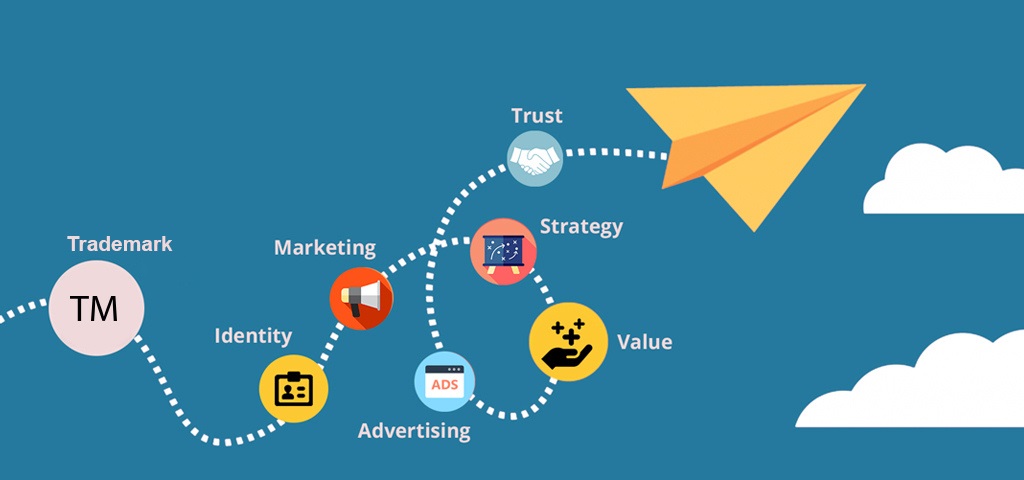While it is widely believed that trademarks are a relatively new phenomenon, the fact of the matter is that signifiers, marks, and such have been used to determine the source of products or services, or to take ownership over a specific product or even livestock. The most notable marks were discovered during the Roman era when bricks were made and engraved with seals to indicate who owned the bricks. In addition, there are numerous marks found on walls of caves, ceramic impressions on pottery, stone seals, and even marks located on bells carved by bell makers in the seventeenth century that tell the story of humanity. Indeed, trademark law extends back from the year 1266 in England, when a correctly interpreted as the “bakers marking statute” was passed, under which bakers were required to brand the bread they cooked for sale.
Due to the long tradition of trademark use those dates back many centuries.
It should come as no surprise that practically all companies today require a trademark to differentiate their product from that of their competitors. Trademarks confer two primary rights on the owner: the right to establish the mark and the ability to use the mark. The Uniform Trademark Act protects trademarks. The person that files the mark first, or who utilizes the mark in business first, has the exclusive right to use that symbol in the industry. However, the jurisdiction of the United States Patent and Trademark Office (USPTO) is confined to those marks which have been registered. While it is not required to register a trademark to assert ownership, it has become necessary to protect a brand from being exploited by another party effectively.
It is also important to note that modern means of filing applications have considerably aided in this increase. For example, the Patent and Trademark Office (PTO) permits trademark applications to be submitted electronically at a discounted charge. As a result, applications for international trademark registration can be filed in the shortest period and at the lowest possible cost, which is an advantage for anybody living in today’s fast-paced and demanding environment.
The globalization and expansion of multinational corporations may also contribute to the increase ininternational trademark registration, simply because registration in one country may be used as the foundation for registration in other countries. Thus, the risk of unwittingly violating the rights of other brand owners in foreign nations exists for any firm that exports abroad unless their mark has indeed been already registered in that jurisdiction.




